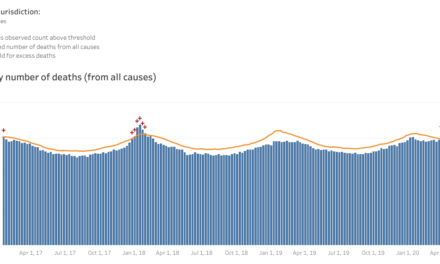
Crime spoils the exponential benefits of the internet
When the Namibia Economist became a weekly publication in August 1996, the concept internet was not known in Namibia. Using the internet itself to track its own origins, it is notable that all sources agree that the internet as we know it today, began taking shape through work done by the US military which led to the establishment of the so-called Arpanet. This was in the 1960s but it was not until 1982 that the common protocol, TCP/IP, became the platform for tracking and locating electronic identities. After that, it took more than 15 years before the first World Wide Web presence appeared here in Namibia. It took another five years before it became locally popular and widely used.
Trying to pinpoint the inflection point for the local business community is more difficult than I anticipated. By 1999, it was widely in use, but mostly by private companies, and very little by private individuals. At that point, although there were several ministries with a website, these were largely static, and often went for years without adjustment. Leading the forage into digital networks, at that stage, were the local banks, but not to reach customers as is the case today. Banks used the internet by buying prohibitively expensive bandwidth from the one or two service providers extant at that time. This bandwidth provided the data lines, or so-called pipes, they needed to talk to their parents in South Africa, Germany, or Malaysia. It was not until about ten years ago, before it became a widely-used form of communication and connectivity between companies, customers, and private people. However, in the last decade, in a sort of catch-up way, the internet has grown into a dominant force used readily on a daily basis by a insignificant part of the Namibian population.
Then came mobile, and the net quickly followed that avenue. With the rest, everybody is familiar. Social media was next and this eventually brought us to a new phenomenon, Facebook and the likes.
But throughout the more recent part of the net’s popular history, i.e. the last 20 years, I still have to come across a business that has managed to design, implement, and profit from a revenue model that actually works. An ICT analyst in South Africa told me last year, the Media 24 group and its parent, the JSE-listed Naspers, have spent more than R600 million over several years in an attempt to find a workable revenue model, and has consistently failed to do so, other than the lucrative cable TV market. Even the mobile communications service providers find it hard to create sufficient revenue outside voice. Despite data coming down in price, again and again, voice revenue remains the main income component in Africa for mobile operators.
And while this process continued, criminals also discovered the fantastic advantage of having a few billion gullible suckers at the end of a digital connection. When we installed our first network, and made our first connection to the World Wide Web, in our view, it was Nirvana. It was slow and cumbersome to use but suddenly we had at our fingertips the ability to talk to just about anybody, provided that person was also linked. Everything was open. The were no real criminals exploiting the technical side of the net to reach their potential victims. All the while, systems were not under threat or attack, like today, and a virus was something the LAN administrator checked for once a month, more for the thrill of actually finding one, than to counter any potential invasion.
There net was indeed open, at almost no cost. The cost of installing a LAN was considerably higher than the cost of connecting to the net. Criminals, like good Nigerians are supposed to, stuck to sending the odd scam mail, and even if you fell for it, the system was not under threat.
We had such big dreams for the potential of the net for new business. None of that has materialised. Instead we had to invest in routers, anti-virus protection that updates every 24 hours, protection against spiders, data miners, firewalls, expensive internet security experts, and later, hackers. Why anybody would ever want to hack us, is beyond my comprehension but it has happened several times.
It now seems that the motive driving many of the criminals is to either steal your identity, or to capture sufficient information about the user so that this can be bundled and sold to companies who in turn, use it in their marketing campaigns. These have all basically flopped, and many of the unsolicited activities have been outlawed. Still, no revenue model that works. I love the net if only somebody can explain to me why criminals love it just as much.












































